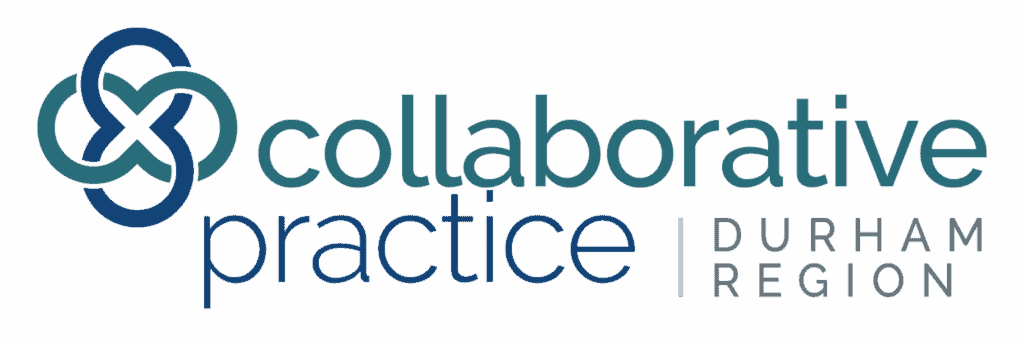What is Family Law Arbitration?
Arbitration is an alternative dispute resolution process that is legally binding. Unlike mediation, arbitration does not give the parties any input into selecting the arbitrator. Both parties agree upon the arbitrator. The Family Law Arbitration Process differs from court proceedings in some fundamental ways:
· It’s faster than court proceedings.
· The decisions are usually made quickly, while court proceedings can take 6 months to a year or more.
· Arbitration is conducted in private and is confidential. Court proceedings are public.
Arbitrators should be licensed attorneys with experience in family law. The arbitrator will listen to you, the parties involved, and review legal documentation. You must prove your case just as if it were being presented to a judge in court.
What Does The Arbitration Process Look Like?
You should bring all documents related to your case, such as:
· Divorce and separation agreements
· Financial statements
· Any relevant documentation such as tax returns, medical bills, pay stubs, etc.
The arbitration process is similar to mediation in that both parties must be willing to resolve the issues. You will then be able to sit down with a neutral third party, the arbitrator, and explain your positions on the case. The arbitrator will listen to both parties before deciding on your family law matter.
What Is The Difference Between Arbitration And Litigation?
A court trial is where all evidence is presented in open court with a judge and jury. Juries can be very unpredictable, and the trial process is usually longer and more expensive than arbitration.
Arbitration is conducted in private and uses an arbitrator who listens to all evidence presented by both parties before deciding on their family law matter. The arbitration process usually takes less time than litigation and tends to be cheaper.
The Family Law Arbitration Process is binding, and any party who does not honor the arbitration agreement can result in a judgment for damages against them. The pre-arbitration discovery process is similar to the one used by lawyers in court proceedings. You will exchange documents and sworn statements before appearing at an arbitration hearing.
Family Law Arbitration Vs. Mediation
Arbitration can play out very differently than mediation. In mediation, the parties discuss their case with a neutral third person who helps them negotiate an acceptable solution to their case. During this time, the mediator may suggest options for settlement but does not make any binding decisions on the case’s outcome. Mediation is not binding and can be stopped at any time.
On the other hand, in arbitration, one or more arbitrators act like judges and decide the case’s outcome based on evidence presented by both parties. While arbitration is binding, mediation can be stopped at any time for any reason. Unlike litigation, arbitration limits discovery to only what is necessary for each party’s case.
Areas Covered Under The Family Law Arbitration Process Include:
- Child Support issues
- Spousal Support (Alimony) Issues
- Division (Settlement) of Assets and Debts
- Prenuptial Agreements and Postnuptial agreements
- Child Custody issues
Speak to the team at Lloyd & Kemper to supply more details about your case and determine if arbitration is correct for you.




